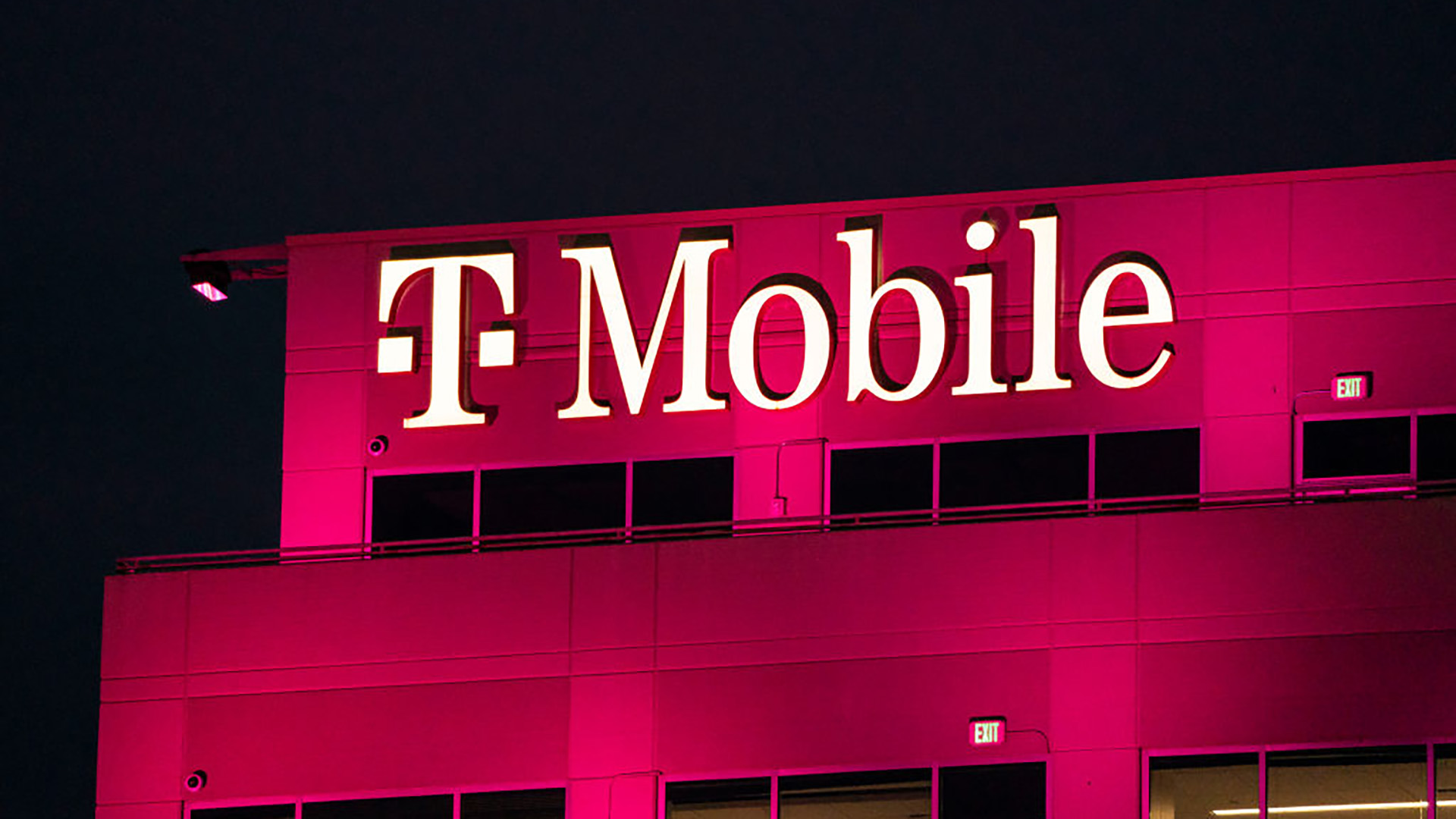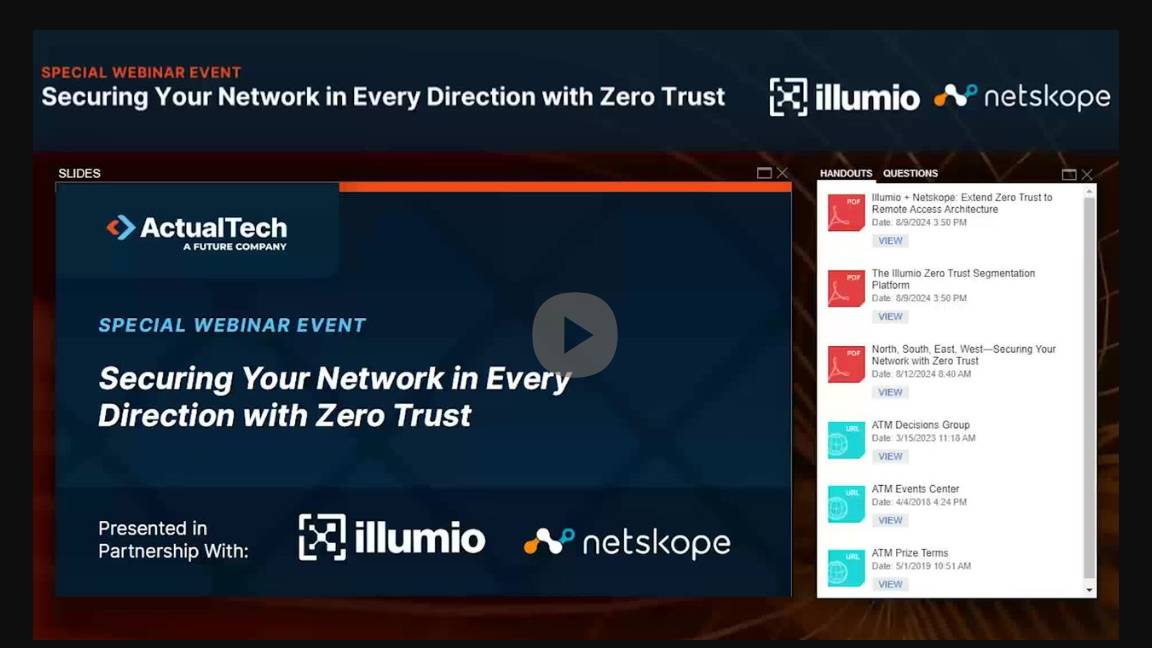IT chiefs are compromising security for smoother business operations
An epidemic of unhealthy patching regimes across UK firms raises alarms in light of the Equifax disaster


The vast majority of CIOs and CISOs have admitted compromising IT security so that day-to-day operations can run as smoothly as possible.
Most IT leaders have delayed essential security patches due to concerns over how these updates could impact the wider business in the short-term.
The majority of CIOs and CISOs surveyed by Tanium, 84%, admitted to delaying essential security updates at least once, while 41% of the 100 IT chiefs questioned conceded this is a habitual practice.
This is in addition to an alarming 95% of respondents admitting they have had to make general compromises in how effectively they can safeguard their organisation from incidents such as IT outages and cyber attacks.
When asked why, 35% cited "pressure to keep the lights on", while 31% blamed their legacy IT commitments. This is in addition to pressures to prioritise implementing new systems over protecting existing assets, as well as inconsistent and incomplete datasets.
With the scale of cyber threats rising, unhealthy patching regimes can have serious consequences for a business' outlook, highlighted most vibrantly by the Equifax disaster.
Among a host of contributing factors, a US Senate investigation released last month found the massive data catastrophe was largely attributable to lackadaisical patch management.
Get the ITPro daily newsletter
Sign up today and you will receive a free copy of our Future Focus 2025 report - the leading guidance on AI, cybersecurity and other IT challenges as per 700+ senior executives
Now, Tanium's research has thrown the spotlight onto how widespread unhealthy patching regimes are across organisations in the UK. An alarming majority of the CIOs and CISOs questioned, 83%, have also had instances where they believed critical updates had been applied successfully, only to discover later that the patch had failed.
"As leaders, CIOs and CISOs face multifaceted pressures across the business to remain resilient against disruption and cyber threats," said Tanium's managing director for EMEA Matt Ellard.
"They must maintain compliance with an evolving set of regulatory standards, track and secure sensitive data across computing devices, manage a dynamic inventory of physical and cloud-based assets, all while fulfilling an increasingly common executive mandate to make technology an enabler for business growth."
The lack of IT visibility was also highlighted as a major concern for IT leaders, with a just over a quarter complaining that different departments within their organisations worked in silos.
This, they say, leaves them without control over IT operations. Moreover, more than half of those questioned, 56%, agreed that other business units don't grasp the importance of a resilient security regime.
"Our research shows that a new approach is needed to achieve visibility and control of distributed, dynamic IT environments," Ellard continued.
"As organisations look to build a strong compliance and security culture, it is essential that IT operations and security teams unite around a common set of actionable data for true visibility and control over all of their computing devices."

Keumars Afifi-Sabet is a writer and editor that specialises in public sector, cyber security, and cloud computing. He first joined ITPro as a staff writer in April 2018 and eventually became its Features Editor. Although a regular contributor to other tech sites in the past, these days you will find Keumars on LiveScience, where he runs its Technology section.
-
 Bigger salaries, more burnout: Is the CISO role in crisis?
Bigger salaries, more burnout: Is the CISO role in crisis?In-depth CISOs are more stressed than ever before – but why is this and what can be done?
By Kate O'Flaherty Published
-
 Cheap cyber crime kits can be bought on the dark web for less than $25
Cheap cyber crime kits can be bought on the dark web for less than $25News Research from NordVPN shows phishing kits are now widely available on the dark web and via messaging apps like Telegram, and are often selling for less than $25.
By Emma Woollacott Published
-
 Billions of IoT devices will need to be secured in the next four years – zero trust could be the key to success
Billions of IoT devices will need to be secured in the next four years – zero trust could be the key to successNews Researchers have warned more than 28 billion IoT devices will need to be secured by 2028 as attacks on connected devices surge.
By Emma Woollacott Published
-
 Cisco claims new smart switches provide next-level perimeter defense
Cisco claims new smart switches provide next-level perimeter defenseNews Cisco’s ‘security everywhere’ mantra has just taken on new meaning with the launch of a series of smart network switches.
By Solomon Klappholz Published
-
 Five Eyes cyber agencies issue guidance on edge device vulnerabilities
Five Eyes cyber agencies issue guidance on edge device vulnerabilitiesNews Cybersecurity agencies including the NCSC and CISA have issued fresh guidance on edge device security.
By Emma Woollacott Published
-
 T-Mobile security chief insists its defenses stood up to attacks linked to Salt Typhoon
T-Mobile security chief insists its defenses stood up to attacks linked to Salt TyphoonNews No T-Mobile customers or services were affected after its security teams detected suspicious activity on their routers
By Solomon Klappholz Published
-
 Securing your network in every direction with zero trust
Securing your network in every direction with zero trustWhitepaper Webinar on the evolution of network security
By ITPro Published
-
 Turning your log and incident data into real-time security insights
Turning your log and incident data into real-time security insightsWhitepaper Integrate multiple data sources for a comprehensive security view
By ITPro Published
-
 Do more with less: Optimizing servers with HPE to maximize VMware licensing
Do more with less: Optimizing servers with HPE to maximize VMware licensingWhitepaper Your trusted guide through the changes in the virtualization market
By ITPro Published
-
 Modern enterprise cybersecurity
Modern enterprise cybersecuritywhitepaper Cultivating resilience with reduced detection and response times
By ITPro Published